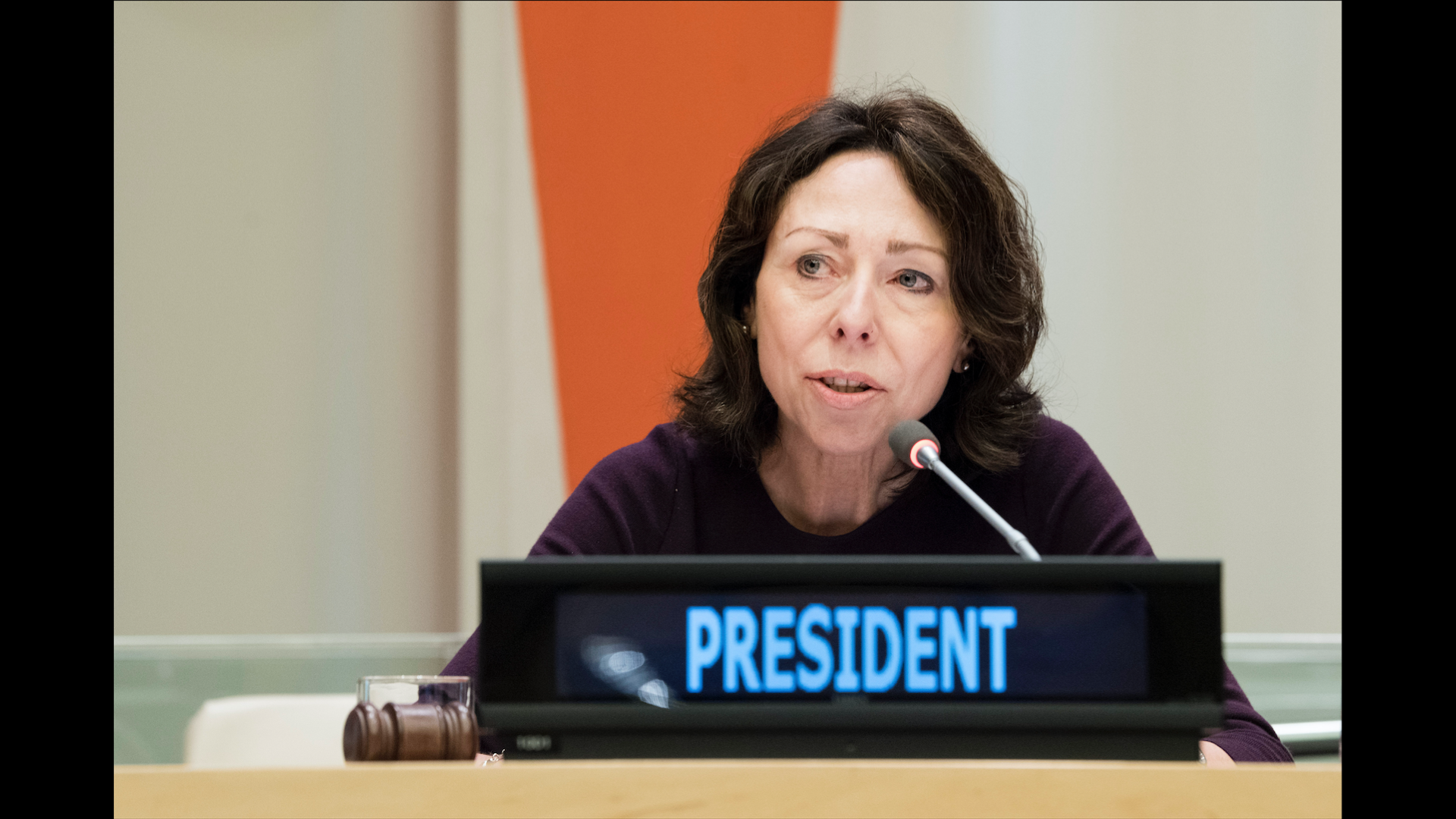This week at its Coordination and Management Meeting, the Economic and Social Council (ECOSOC) discussed the report of its subsidiary body the NGO Committee which oversees and manages the UN NGO accreditation process.
In the lead up to the meeting, a group of NGOs[1] called on ECOSOC members to ensure that the NGO Committee fulfils its responsibility to engage with NGOs and that ECOSOC takes action where needed to ensure NGO participation with UN processes is safeguarded.
Two statements making strong and neccessary calls were given during the Coordination and Management Meeting, one by Uruguay on behalf of a cross regional group of States and one by Estonia on behalf of EU members States and others. Not only did the statements highlight the crucial role NGOs play at the UN, that ‘civil society makes the UN a stronger, more transparent, inclusive and diverse institution’[2]; they also expressed concern that the NGO Committee had been ‘unfair and political in its consideration of some applications’[3] and that ‘an open and fair approach is not uniformly applied to all NGO applications’[4].
Both statements reminded the NGO Committee of its obligation, as set out in resolution 1996/31, to take steps to monitor the relationship between NGOs and the UN and hold meetings with accredited NGOs before each session as well as submit reports of those consultations.
In this regard, while the NGO Committee is precisely the place where NGOs should be able to speak on Committee practice and the relationship between the UN and NGOs, in January and May this year attempts by NGOs to make general statements at the NGO Committee were rejected. The Committee’s refusal to engage with NGOs on general topics of concern contradicts its responsibilities in resolution 1996/31. The cross regional statement referred to these incidents, expressing hope that civil society will be able to – and should – speak in future NGO Committee sessions.
‘The ECOSOC decision to webcast NGO Committee sessions was a welcomed development. Webcasting will make sessions accessible to all NGO applicants for accreditation. However, much more needs to be done to enhance the credibility of the processes of the NGO Committee, which again saw in its last session the politiciation of its work and backsliding’, says ISHR’s Eleanor Openshaw. ‘It is essential that civil society is heard during the NGO Committee proceedings. We call on NGO Committee members to follow the calls made by ECOSOC member States’, Openshaw concluded.
Photo: UN Photo / Kim Haughton
Contact: Eleanor Openshaw, [email protected]
[1] Amnesty International, Article 19, Asian Legal Resource Centre, Center for Legal and Social Studies (CELS), CIVICUS, Commonwealth Human Rights Initiative, CONECTAS, Corporación Humanas (Chile), Freedom Now, Hawaii Institute for Human Rights, Human Rights Watch, International Commission of Jurists, International Service for Human Rights, International Federation of Settlements and Neighborhood Centers (IFS), Jacob Blaustein Institute for the Advancement of Human Rights, Legal Resource Centre, Outright International.
[2] Cross regional statement at ECOSOC Coordination and Management Meeting.
[3] Cross regional statement at ECOSOC Coordination and Management Meeting.
[4] EU statement at ECOSOC Coordination and Management Meeting.




